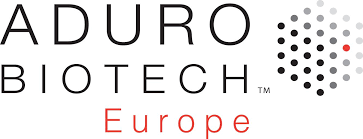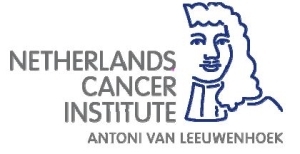How do dendritic cells help tumor-killing T cells?
In this project, biomedical researchers from The Netherlands Cancer Institute, working in the field of immunology will work together with the biotech firm Aduro Biotech Europe to identify new molecular targets for antibody-based immunotherapy of cancer.
Immunotherapy is a new approach in cancer treatment, based on activating cytotoxic T cells that specifically kill cancer cells. This type of therapy is proven effective in small proportions of patients with diverse types of metastatic cancer that do not respond to any form of chemotherapy. Immunotherapy is currently applied in e.g. melanoma skin cancer, lung cancer, certain types of colon cancer, but for many cancers is not yet known whether current approaches can be effective. Also, within the currently treated populations, the majority of patients do not respond. Therefore, there is room for mechanism-based improvement of immunotherapy strategies.
Two elements currently limit the response of T cells to cancer: The tumor-specific T cell response is not easily initiated and once initiated, it can be suppressed. We know from mouse studies that helper T cells - together with dendritic cells - educate cytotoxic T cells to become effective tumor killers that can overcome at least in part these limitations.
Their project aims to determine whether also in human helper T cells can educate cytotoxic T cells to become effective tumor killers. They also want to know which dendritic cell types and molecules are involved in this education. They will investigate this by using a sophisticated cell culture system that we have developed, where they can test different dendritic cell types taken from human blood for their capacity to transmit helper T cell signals for cytotoxic T cell education. They will identify the molecular basis of the “help” signals by single cell transcriptome analysis.
The knowledge obtained is expected to identify cell surface molecules that may be instrumental in “help” delivery and are therefore candidates to raise new antibodies against. Aduro Biotech Europe is specialised in making immunomodulatory antibodies and bringing them to the clinic as new, potentially effective immunotherapeutic drugs. They already have one antibody in clinical trials from a previous collaboration.



